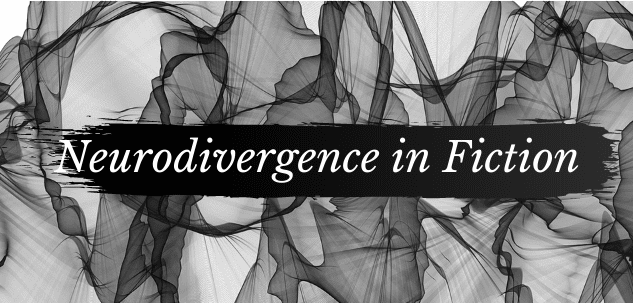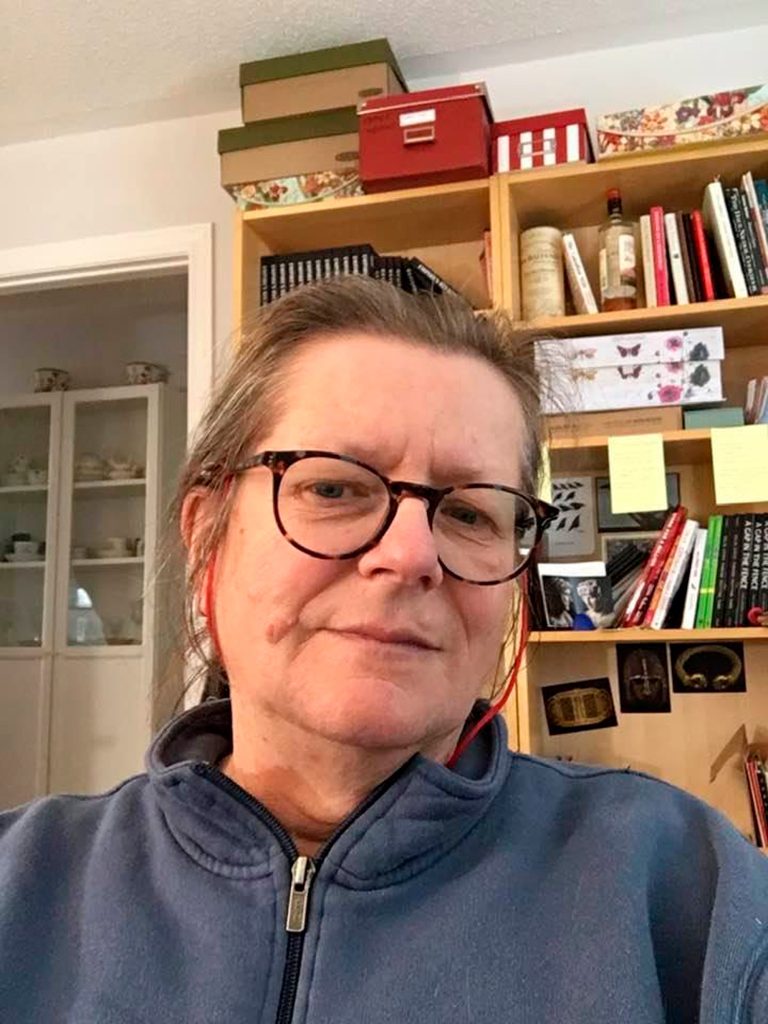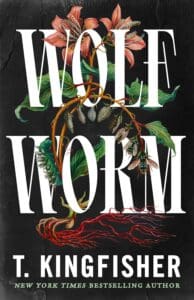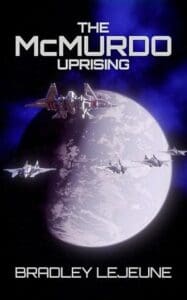
Hello all, and welcome to this week’s article for FanFiAddict’s series on Neurodivergence in Fiction. I cannot understate how appreciative I am for the overwhelming amount of support and enthusiasm I have seen for this series of mine; thank you! For the next several months we will be bringing you a guest post every Wednesday from a neurodivergent author. This will hopefully highlight some of the challenges that come with writing for a largely neurotypical audience, while also giving valuable insight to the craft itself and providing a window into the neurodivergent experience — at least through the lens of fiction.
This week, we are joined by Marian L. Thorpe who provides a rather candid look at her life with ADHD and how it unknowingly affected the way she wrote her characters.
And, without further ado, the article.
A very long time ago, when I was an elementary-school-aged student (or, for that matter, a high-school aged student) the term ADHD didn’t exist. In the DSM-II, the Diagnostic and Statistical Manual of Mental Disorders, there was “Hyperkinetic Reaction of Childhood.” That didn’t change until 1980, and by then I was in my last year of my first university degree. (If you’re trying to work it out, I’m 63.)
No one would have considered me for a diagnosis, anyhow. I wasn’t ‘hyperkinetic’: I was the daydreaming kid who started a million projects and never finished them. I was the kid who was so hyperfocused on reading she could barely be convinced to do anything else; the kid who lost things, whose room was messy beyond belief, but who did really well in school (as long as the subject could be learned through words).
But I knew something wasn’t right, even though a lot of the time I was happy enough, reading and wandering the woods and fields, learning plant names and tree names and bird names. However, I wanted to do things, to organize my life better, to keep lists of books I’d read or birds I’d seen – not just begin one, which I did a hundred times, but actually keep it, maintain it. I just couldn’t make it happen. There were many, many things like this, and they were all frustrating, and led to tears and self-loathing and anger.
So, to try to compensate, I would imagine myself as a character in a book, and what that character would do. This was safer, somehow, than trying to copy real people. I, Marian, couldn’t keep my room clean, but Anne of Green Gables would, so I imagined myself as Anne. It would even work, for a day or two, before I forgot.
Fast forward quite a number of years, and I’m still turning to books for models of how to function, but now they’re self-help books (although I was still secretly using the ‘pretend you’re this character’ coping skill, too.) And eventually this led me to a discussion with a psychologist colleague, and some tests, and a diagnosis of ADHD-I (inattentive without hyperactivity), as it was then classified.
I was also writing novels at this point, but they were all unfinished. I couldn’t keep up the interest; I quit at the first hurdle. But I had made it through university – undergrad and grad school. Full course loads, no accommodations (they barely existed back then.) Two reasons. One I kind of understand: I respond, as best I can, to external accountability. The other – which I didn’t understand until, again, discussions with my psychologist colleague, was that caffeine gives me just enough focus I can function. I’d drunk coffee in university, and then quit. I started drinking coffee again. A lot of coffee.
Let’s get back to the novels. The 6th book in the Empire’s Legacy series will be published this year; five of them were written since 2015. None of my characters are ‘representative’ of ADHD. Some of them share one trait or another with me. Lena, the MC of the first trilogy, describes herself as a dreamer, disorganized, and she and I share a deep need for space and silence to calm our minds. Her partner Maya has difficulty changing tasks, and ideas. She finds safety in routine and tradition. But in thinking about what I was going to write today, I realized that rather than represent ADHD in my characters, I’ve done the opposite. I’ve done what I did before, except now instead of pretending I’m a character in a book who can do the things I wish I could, I’m writing characters who have the traits I wish I did. And in writing those characters, I’m visualizing, and reinforcing in my own mind, what people who have good executive function and focus behave like.
Let me be clear here. I am NOT suggesting you can imagine and model yourself out of ADHD. If I didn’t use all my coping skills every single day of my life – my lists, my calendars, my alarms; if I didn’t spend hours each month doing nothing but organization and structure for all the tasks, both writing and household, that need to be done, I would sink. On the days when the brain won’t focus, can’t decide about anything, can’t remember anything, I need something to guide me. Or I’d simply hyperfocus on writing and do nothing else – not shower, not eat, not get out of my chair.
I used to joke that my character Sorley was wish-fulfilment, because he’s a musician, and one of my few regrets in life is that I have no musical ability whatsoever. But I think all my characters are to some extent wish-fulfilment: they are all extremely disciplined, masters of high-level skills, whether those are skills in weaponry, skills of language and diplomacy or skills of music. And as I – on page or simply in my own understanding of their backgrounds – chart their development of those skills, their frustrations and sacrifices and determination – I can put my own challenges into perspective.
In one of my characters, I’ve probably reflected a lot more than I’d consciously realized. A lonely and academic child, he channels his frustrations into learning, for the external validation from his teachers. He makes himself solemn, serious promises about things. He is extremely disciplined about lists and records. Some of this is me, and some is the me I would like to have been. Then, in the course of the series, he has to come to terms with a physical disability that limits his mobility and requires both drugs and the discipline of daily physical therapy to manage – and this, I think, is a metaphor for my own acceptance of both my own limitations, and all the things I simply must do, not just to be productive as a writer and in my other roles, but to be content. Not frustrated with who I am, but accepting of what I need to do to be someone I am satisfied to be.
About the Author

My books are historical fiction of an imagined world, one that is close to Britain, Northern Europe, and Rome, but isn’t any of them. A world where a society evolved differently after the Eastern Empire left, where one young fisherwoman answers her leader’s call to defend her country, beginning a journey into uncharted territory, in an Empire on the edge of history.
After two careers as a research scientist and an educator, I decided it was time to do what I’d always really wanted, and be a writer. As well as my novels, I’ve published short stories and poetry. My life-long interest in Roman and post-Roman European history provided the inspiration for my books, while my other interests in landscape archaeology and birding provide background. I also oversee Arboretum Press, a small publishing imprint run as a collective. Right now, I’m writing Empire’s Heir, the next book in the series.
Website: https://marianlthorpe.com
Twitter: https://twitter.com/marianlthorpe
FB: https://www.facebook.com/marianlthorpe
Amazon Author Page (US): https://www.amazon.com/~/e/B015YQYKKK
Goodreads: https://www.goodreads.com/author/show/13526863.Marian_L_Thorpe



Leave a Reply